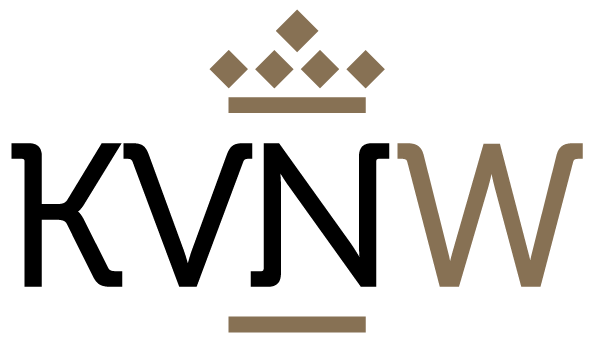
BREXIT - EU & UK Wine & Spirits producers are calling for an early adoption of transitional rules
Brussels, 18 October 2017 – Ahead of the European Council taking place in Brussels this week, the European spirit drink and wine industries have sent a joint position paper to the Brexit negotiators raising the five priority issues of the producers to minimize disruption of trade flows and stressing the need for a transitional period.
The European spirit drink and wine industries are iconic and economically vital sectors; rooted in culture and tradition but also modern and highly innovative.
There are large, well-established and balanced wine and spirit drink trade flows between the EU and UK, with €2.3bn of UK wine and spirits products going to the EU27 every year, and €2.9bn of European wine and spirits travelling the other way.
“We produce high-quality products - including PDO/PGI wines and GI spirit drinks - that support hundreds of thousands of jobs, investment, and significant bilateral trade between the EU27 and the UK. Our sectors depend on the free movement of goods and benefit from the freedom to move people and capital across the EU” said Jean-Marie Barillère, President of CEEV who added “continuity and legal protection for wines and spirits in the UK and EU27 must be secured and this should include early and mutual recognition of PDO/PGI wines and GI spirit drinks”.
“The core conditions for the continued success of our sector are the approval of a framework for the future relationship; and the transitional rules that would ensure trade continues with minimum disruption after the UK’s exit from the EU” said Joep Stassen, President of spiritsEUROPE.
“We have detailed in our joint position paper the key areas on which we want the Brexit negotiators to focus. Priorities for us are early agreement on transition in order to guarantee the maintenance of the EU rules relevant to wine and spirits while a longer term agreement is struck between the EU and UK on our future trading relationship, and the continued application of existing EU FTAs”, said Karen Betts, Chief Executive of SWA
“Wine and spirit businesses on both sides of the channel unanimously agree that politicians need to provide clarity to ensure businesses have time to adapt to Brexit including agreeing a comprehensive customs agreement to avoid the imposition of tariffs where they currently do not exist and to minimize disruption to historic trade flows” said Miles Beale, CEO of WSTA.
The 4 trade associations have also highlighted a specific request for a deep and comprehensive trade agreement. “This trade agreement must be achieved quickly, securing tariff-free trade for wine and spirits, fair competition and supporting consumer confidence in our products” said Joep Stassen who concluded by saying “As major importers and exporters, we look to the UK and EU to continue cooperating closely to tackle market access barriers that arise in third countries and to ensure that coherent regulatory requirements are established in third countries”.
There are large, historic and balanced wine and spirit drink trade flows between the EU and UK:

- ENDS -

